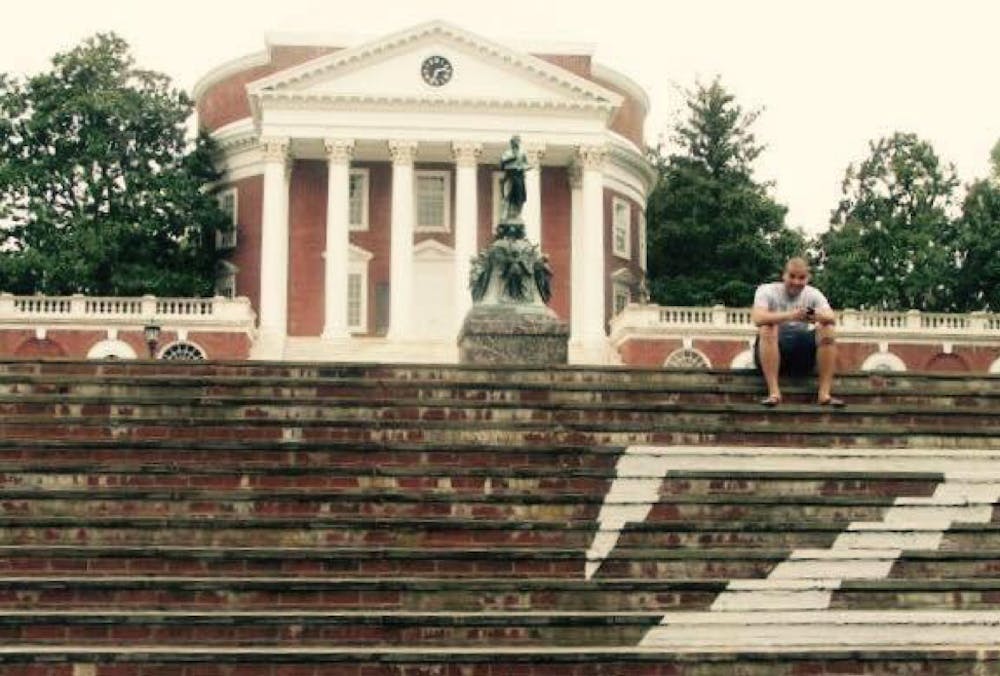Since 1842, the Honor System has prohibited lying, cheating and stealing. Although Honor has been lauded as a distinctive characteristic of the University, it has also been the subject of criticism. For one thing, violating the Honor Code — excluding the informed and conscientious retraction system — results in a single sanction: dismissal. For another, the Honor infrastructure is entirely student-run.
Over the years, Honor has worked to develop processes to account for various considerations that might impact its search for truth. For example, Honor has identified, correctly, that special rules should apply to persons suffering from psychological conditions which materially impact their culpability. As a result, Honor has implemented mechanisms to address these important concerns.
But what happens when racial prejudice and/or bias impact the filing of charges? No mechanism exists to explore the role race plays within the Honor structure. Moreover, with only one punishment available, evenhandedness is presumed and there is little room to debate uneven application or disparities of outcomes.
Honor wields incredible power. To properly evaluate its equity and effectiveness, we must account for racial biases held by both those within Honor and those attempting to analyze it. This is not to say every Honor charge involving a racial minority is racially-motivated. This also does not mean cases involving black students are never fairly adjudicated. But refusing to acknowledge that unconscious racial bias often informs adjudicative processes ignores a prominent and harmful characteristic of American society. Unless the Honor System and those evaluating it identify their own biases, the community of trust we Wahoos have come to cherish will never be completely just, nor will any evaluations be truly precise.
At my Honor trial, the Committee and jury were confronted with their own potential biases because I, a black man, was accused of fabricating a story about police harassment. It is apparent, however, that one of the primary organizations tasked with public assessment and commentary —The Cavalier Daily and its Managing Board — did not consider their own biases or the racial realities of my case before they rushed to judgment.
In 2011, during my final weeks of class at the Law School, campus police profiled and harassed me. I spoke openly about the encounter with the hopes that my classmates would understand that life is different for black people in Charlottesville. A few weeks into the police department’s so-called internal investigation into the police misconduct, an FBI special agent showed up at my car in the Law School parking lot, led me to a small room and pressured me into signing a statement that said the police hadn’t harassed me.
The University published a press release and several prominent outlets reported on my signed statement, none aware a rogue FBI special agent had pressured me into denying what had happened.
Over the summer, I was tried and exonerated by the Honor Committee, who were informed of the FBI special agent’s high-pressure interrogation tactics.
Race was a consideration in my Honor trial. The substance of the allegations mandated as much. And the student panel struggled to understand how their biases influenced their evaluation. The prosecution and the jury panel asked questions and made arguments clearly indicating a lack of experience or thoughtful perspective with respect to race.
After I was exonerated, The Cavalier Daily, which enjoys a long history of evaluation of and commentary on the Honor System, published a series of scathing articles about my case. Writers at the newspaper knew I had been exonerated but, due to the confidential nature of all Honor proceedings, were forced to speculate as to why.
Without access to a number of key facts, not the least of which was the FBI agent’s clandestine involvement, the paper’s Managing Board authored an article, which levied personal attacks against me and expressed outrage at Honor’s apparent inadequacies.
Recently, I became legally permitted to disclose the full set of circumstances, including the FBI’s involvement, surrounding my experience—an experience the public, and by extension The Cavalier Daily, believed I had fabricated.
Now that the dust has settled and the public has been informed of many of the previously-undisclosed facts, I was surprised to receive the accompanying letter from the 2011-2012 Cavalier Daily editor-in-chief, apologizing for the handling of the situation and taking responsibility for his failure to take his own biases into account.
The letter is a perfect example of the type of reflection required to identify and address one’s own potential racial biases. It took a series of interviews and news articles published over six years later for the editor-in-chief of the University’s renowned newspaper to understand that racial bias might have played a role in a black student’s experience with law enforcement and subsequent trial.
Critically, from an institutional perspective, it took Jason Ally’s self-examination to realize his organization’s assessment of a judicial process aimed at finding the truth was negatively informed by those same biases.
Every black person in America experiences daily the repercussions of white people’s often subconscious prejudices. If we hope to have any chance at institutional understanding that the consequences of implicit racial bias are an unmistakable part of the black experience, untold personal realizations similar to Jason’s are a prerequisite.
White people, particularly those in positions of power, must be willing to do the hard work of educating themselves and each other so that they might identify and address their own racial biases. Such work is necessary to begin taking responsibility for the role they play in perpetuating the system in place. Only then do we stand any chance of steering legal and moral principles like the Honor System, trusted news outlets like The Cavalier Daily and historic institutions like the University in a better direction.
Johnathan Perkins is a higher education attorney and activist. He will return to the School of Law to host a public conversation about his experience and larger race issues on Thursday, Oct. 18 at 6 p.m.







